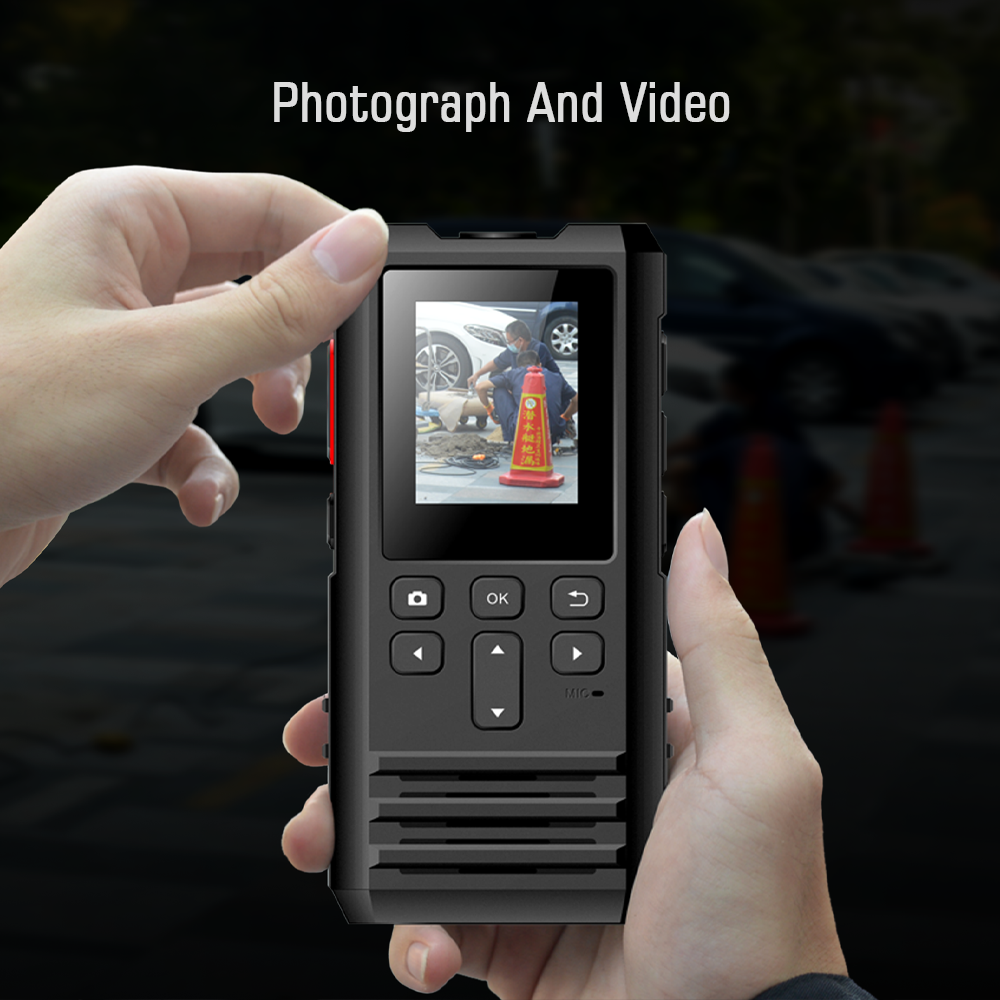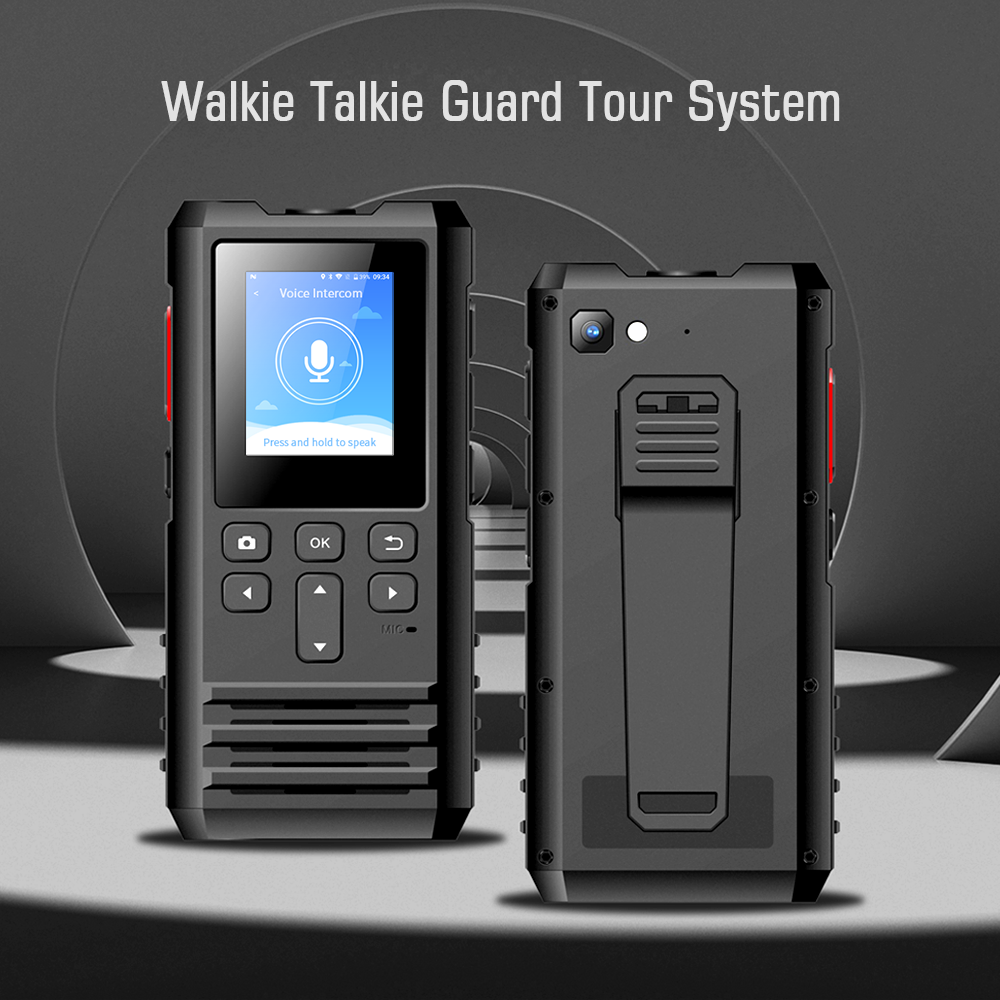

Investing in high-quality guard patrol system devices is one of the best ways to ensure long battery life. Not all guard patrol systems are the same - some have excellent battery efficiency, while others quickly run out of power due to outdated technology. When choosing a patrol system, consider the following features. High-capacity lithium-ion batteries generally have a longer lifespan than traditional nickel-based batteries. Devices with low-power processors and LED displays help extend battery life. In addition, some advanced models are equipped with power-saving modes that reduce energy consumption when the device is idle. Purchasing from a reputable manufacturer ensures that the patrol system is designed to be efficient over the long term, reducing the frequency of battery replacements and maintenance costs.
Charging habits can significantly impact the life of patrol system batteries. Improper charging can cause premature battery degradation, which reduces the device's efficiency. To optimize battery life, the following best practices must be followed: Avoid overcharging. Leaving the patrol system plugged in when fully charged will weaken the battery over time. Please charge the battery before it is completely depleted. Lithium-ion batteries perform best when charged between 20% and 80% rather than allowing them to be completely exhausted. Use the correct charger. Using an incompatible charger can cause overheating and battery damage. Always use a charger recommended by the manufacturer. Proper charging procedures will extend battery life and prevent unexpected shutdowns during patrol operations.

Many modern guard patrol system devices are equipped with power-saving features that help reduce battery drain. Security personnel should use these built-in features to maximize the device's battery performance.
Some power-saving options include Automatic Sleep Mode, which automatically enters a low-power state when not in use; adjustable screen brightness, Which Lowers the brightness level to minimize power consumption; and low-energy communication settings, which optimize Bluetooth and GPS to consume less power while maintaining basic functionality. Training security teams on effectively using these power-saving settings can significantly extend battery life.
Routine maintenance of guard patrol system equipment is critical to ensuring optimal battery performance. Over time, dirt, moisture, and wear and tear can affect battery connections and efficiency. Best maintenance practices include Cleaning battery contacts, dust, and debris that can interfere with proper charging and power transfer. Checking battery temperature: Overheating can shorten battery life. If the device overheats, it may indicate a problem with the battery.
Replace aging batteries: Even rechargeable batteries will lose capacity over time. Replacing old batteries ensures that the patrol system remains reliable. A well-maintained patrol system extends battery life and improves overall security performance.

An overlooked factor that affects battery life is the frequency and duration of patrols. Security teams can optimize patrol schedules and routes to reduce unnecessary battery consumption. Ways to maximize patrol operations include Using GPS effectively and turning off location tracking when not needed to help conserve battery. Minimizing unnecessary device use and avoiding excessive screen time and interaction reduces battery drain. Implementing strategic charging breaks and scheduling short charging times between patrols can keep devices functional throughout a shift. By planning efficient patrol routes, security teams can ensure their patrol system devices last longer and require less frequent charging.
Extending the battery life of handheld patrol system devices is critical to maintaining efficient security operations. By investing in high-quality equipment, following proper charging practices, utilizing power-saving modes, performing regular maintenance, optimizing patrol routes, properly storing devices, and training security personnel, organizations can significantly increase the lifespan and reliability of guard patrol systems.